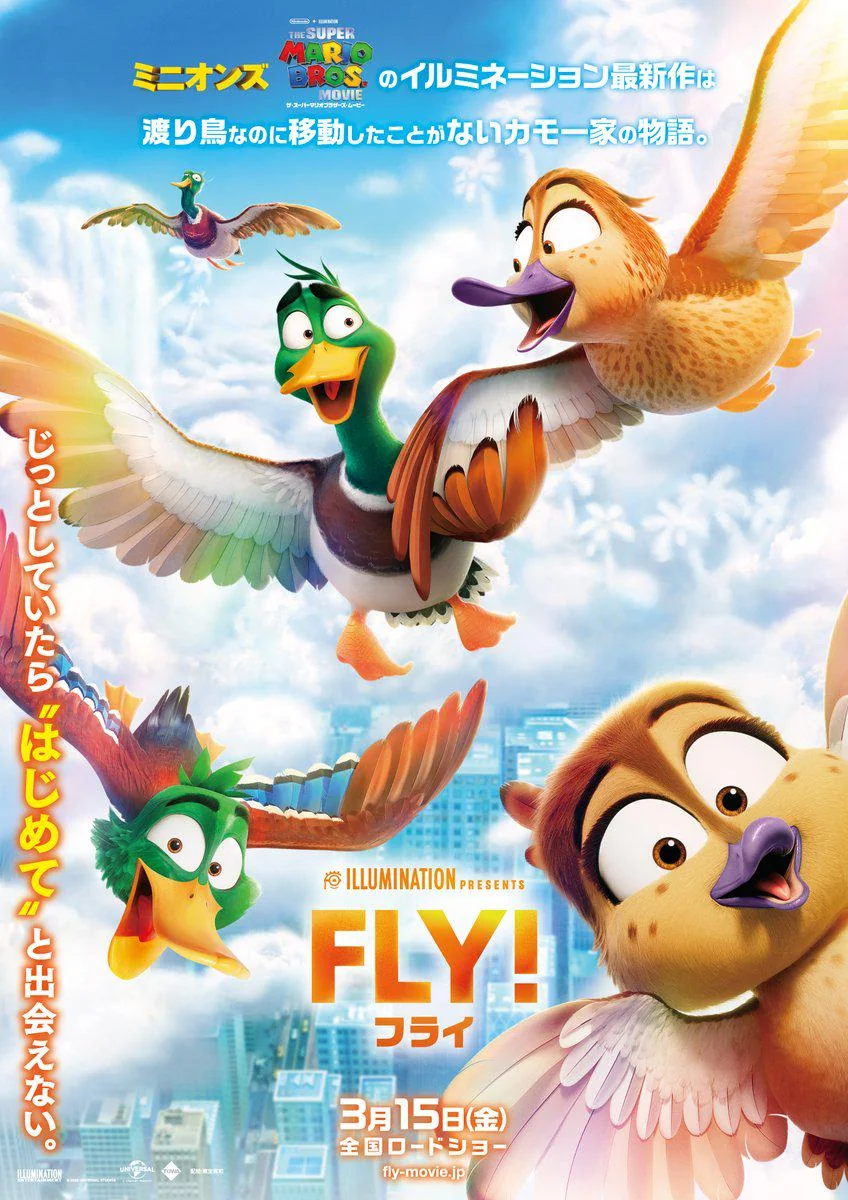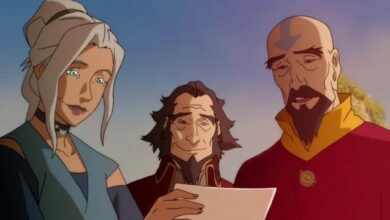Migration is a significant topic that touches the lives of millions around the world. It’s a theme woven into our histories, shaping nations and cultures. In this exploration, we’ll focus on the migration cast, a term that encapsulates the characters, stories, and experiences that emerge from migration. Understanding the migration cast helps us appreciate the diverse perspectives of those who have moved from one place to another, often in search of better opportunities or fleeing from hardships.
What is Migration?
Migration refers to the movement of people from one place to another, often across borders or within countries. It can be voluntary, where individuals move by choice for better job prospects, education, or living conditions, or involuntary, where people are forced to leave due to war, persecution, or natural disasters.
Types of Migration
There are several types of migration, each with its own unique characteristics:
- Internal Migration: Moving within the same country, such as from rural areas to urban centers.
- International Migration: Moving from one country to another, often involving legal documentation.
- Seasonal Migration: Temporary movement, often related to agricultural cycles or tourism.
- Forced Migration: Individuals or groups are compelled to leave their homes, often due to conflict or persecution.
Understanding these types of migration allows us to grasp the complexities involved in the migration cast and the diverse experiences that accompany these journeys.
The Migration Cast: Key Players
When discussing the migration cast, we often refer to the individuals and groups involved in migration. Here are some of the key players:
Migrants
Migrants are individuals who move from one place to another. They can be:
- Refugees: People who flee their home country due to persecution or fear for their safety.
- Asylum Seekers: Individuals seeking protection in another country after fleeing their home.
- Economic Migrants: People who move to find better employment or living conditions.
Host Communities
The communities that receive migrants play a crucial role in shaping the migration experience. They can provide support or present challenges to newcomers.
- Supportive Host Communities: These communities welcome migrants, providing resources and integration programs.
- Hostile Environments: Some communities may resist newcomers, leading to tension and conflict.
Governments and Organizations
Governments play a significant role in regulating migration through policies and laws. Various organizations also work to support migrants:
- Non-Governmental Organizations (NGOs): Many NGOs provide assistance to migrants, such as legal help and social services.
- International Organizations: Groups like the United Nations High Commissioner for Refugees (UNHCR) advocate for migrant rights and protections.
The Role of Culture
Culture is an essential aspect of the migration cast. Migrants often bring their traditions, languages, and customs to their new homes, enriching the local culture. This cultural exchange can lead to:
- Diversity: A melting pot of traditions, cuisines, and languages.
- Cultural Tension: Challenges can arise when cultural practices clash.
The Journey of Migration: Personal Stories
The migration journey is often filled with challenges, but it can also lead to remarkable stories of resilience and hope. Here are a few personal stories that highlight the migration cast:
A Refugee’s Journey
Take the story of Fatima, a young woman who fled her war-torn country with her family. Their journey was perilous, filled with uncertainty and fear. After months of traveling through different countries, they finally reached a safe place, where Fatima began to rebuild her life.
- Resilience: Fatima’s determination to continue her education and support her family illustrates the strength of the human spirit.
- Community Support: She found a supportive community that helped her adjust to her new life.
The Economic Migrant
Then there’s David, who left his hometown in search of better job opportunities. He migrated to a big city, facing the challenges of finding work and housing. Through hard work and perseverance, David established a successful career.
- Overcoming Obstacles: David’s journey emphasizes the importance of determination and adaptability.
- Cultural Integration: He embraced the local culture while also sharing his heritage with others.
Challenges Faced by the Migration Cast
While migration can lead to new opportunities, it also presents numerous challenges. Here are some of the most common obstacles faced by the migration cast:
Legal Barriers
Many migrants encounter legal obstacles that make their journey difficult:
- Visa Requirements: Obtaining visas can be a lengthy and complicated process.
- Refugee Status: Asylum seekers often face long waiting periods for their applications to be processed.
Economic Hardships
Economic challenges can also be significant for migrants:
- Job Market: Many struggle to find employment that matches their skills and experience.
- Exploitation: Some migrants may face exploitation in low-wage jobs without legal protections.
Social Integration
Integrating into a new society can be daunting:
- Language Barriers: Limited proficiency in the local language can hinder communication and access to services.
- Cultural Differences: Adapting to a new culture can be overwhelming, leading to feelings of isolation.
The Positive Impact of Migration
Despite the challenges, migration can lead to numerous positive outcomes, both for individuals and society as a whole. Here are some benefits associated with the migration cast:
Economic Contributions
Migrants often contribute significantly to the economy:
- Labor Force: They fill essential jobs in various sectors, from agriculture to technology.
- Entrepreneurship: Many migrants start their own businesses, creating jobs and boosting local economies.
Cultural Enrichment
The infusion of diverse cultures enhances the social fabric of host communities:
- Cultural Festivals: Celebrations that showcase different cultures promote understanding and appreciation.
- Culinary Diversity: New cuisines introduced by migrants enrich local food scenes.
Strengthening Global Ties
Migration fosters connections between countries, leading to:
- International Cooperation: Countries often collaborate to address migration issues.
- Cultural Exchange: Migrants act as bridges, sharing their culture and experiences.
The Future of the Migration Cast
As global challenges such as climate change, conflict, and economic disparities continue to influence migration patterns, the migration cast will evolve. Here are some potential trends to watch:
Climate Migration
Environmental changes are increasingly driving migration. Coastal cities may face rising sea levels, forcing residents to relocate.
Technology and Migration
Advancements in technology are changing how people migrate. Online platforms facilitate job searches, making it easier for migrants to find opportunities.
Policy Changes
Governments may adapt their policies in response to migration challenges, focusing on humanitarian approaches and integration strategies.
Conclusion: Understanding the Migration Cast
In conclusion, the migration cast encompasses a rich tapestry of experiences, stories, and challenges. By exploring the diverse perspectives of migrants, host communities, and organizations, we gain a deeper understanding of the complexities surrounding migration.
Migration is not just about movement; it’s about resilience, hope, and the human spirit’s ability to adapt. As we navigate the future, fostering empathy and support for the migration cast will be vital in creating inclusive societies that celebrate diversity.
Final Thoughts
As you reflect on the migration cast, consider how you can contribute to creating a welcoming environment for newcomers in your community. Whether through volunteering, supporting local initiatives, or simply engaging in conversations, each action can make a difference in the lives of those on their migration journeys. Let’s embrace the stories and experiences that come with migration and work together to build a brighter future for everyone.




